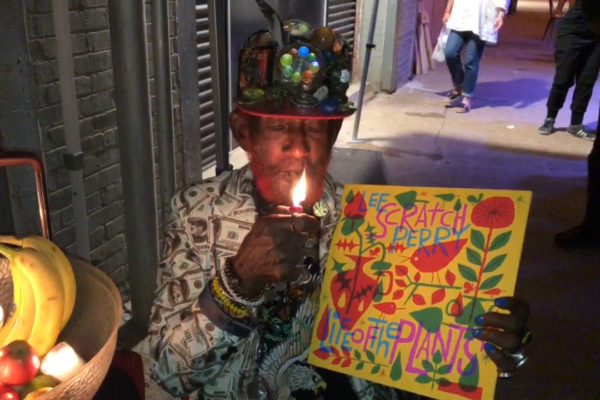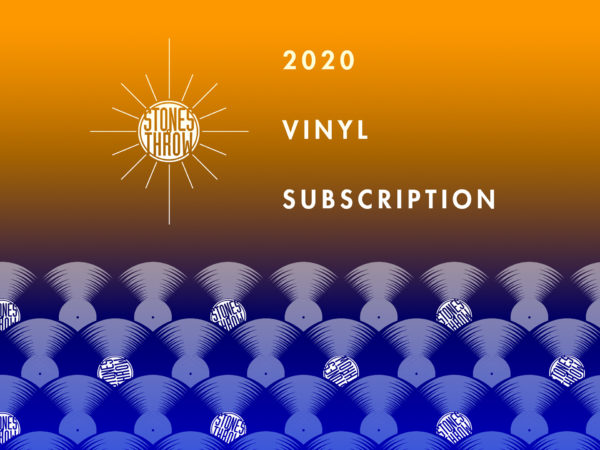Pianist and producer Jamael Dean is a jazz prodigy. Just 20 years old, he’s already collaborated and performed with the likes of Kamasi Washington, Thundercat, Miguel Atwood-Ferguson and Carlos Niño.
Growing up in Bakersfield, CA, the youngest of ten children, Jamael Dean was always surrounded by music. His grandfather, soul jazz drummer Donald Dean, was a formative influence. “I loved seeing him interact with his friends on the bandstand at such a high level and then come off the bandstand with jokes, life lessons, and peace of mind,” Jamael says.
Currently a Jazz Performance student at the prestigious New School in NYC, Jamael — whose name means “handsome” in Arabic — was composing music from elementary school age. After the bassist Louis Spears gave him a violin, Jamael spent a summer with his grandfather, playing with him and saxophonist Charlie Owens, and creating melodies on the fly. He received a keyboard for Christmas age 8 and began playing by ear, learning to read music later on.
After he moved to Los Angeles aged 14, Jamael performed regularly with his peers and his grandfather, and studied with Doug Davis, Bill Cunliffe, Eric Reed and other elders in the LA jazz community. Around this time he also started producing beats on Ableton, drawing on both his jazz background and his burgeoning love for hip-hop.
When Jamael was just 15, he played with Kamasi Washington’s group on his 2018 album Heaven and Earth, and joined Thundercat’s trio on tour the following year. Miguel Atwood-Ferguson was an early champion and introduced Jamael to Carlos Niño; both artists have invited Jamael to play in their various ensembles, and Carlos Niño worked with him to co-produce, compile, and sequence Black Space Tapes.
Jamael cites Alice Coltrane’s ability “to express the conversations between her inner and outer spirit through her music” as a profound influence, as well as Sun Ra’s “knowledge and understanding in the healing aspects of music — the mental, spiritual, and physical effects that sounds/vibrations have on us and nature”, and Andrew Hill’s “sense of time throughout his compositions and improvisation”. Contemporary influences include Herbie Hancock, Wayne Shorter, and of course Donald Dean, as well as Jamael’s peers in Los Angeles. “It’s one of the only places I can go in the same day to a jam session with music from the 20s and 30s to another session with music in the 40s through the 80s and after that play music with my friends from that era onwards,” he says.
“What makes LA jazz unique is the energy of the land itself,” he adds. “Jazz from the beginning of conception was a means to free people of the everyday burdens of life. So, as we continue to grow, feed ourselves, and live harmoniously with the environment, the music continues to do the same.”
He explains his album’s title: “Black is used to give reverence to the spirit of nothing that preceded all in the universe which, throughout the album, is referred to as Akamara. Space is used to allude to the ever-expansiveness of our beings, matter, and time itself. Tapes shows the marriage of those two ideas (i.e the stickiness of tape) and how the album is a vessel of sound that grows with you (i.e. cassette tapes). Black Space Tapes shows the evolution of how music played a role in my life, from jazz to rap and beyond that. It’s a river of shifting patterns, and temperatures that show we as humans are instruments striving towards harmony in nature.”

